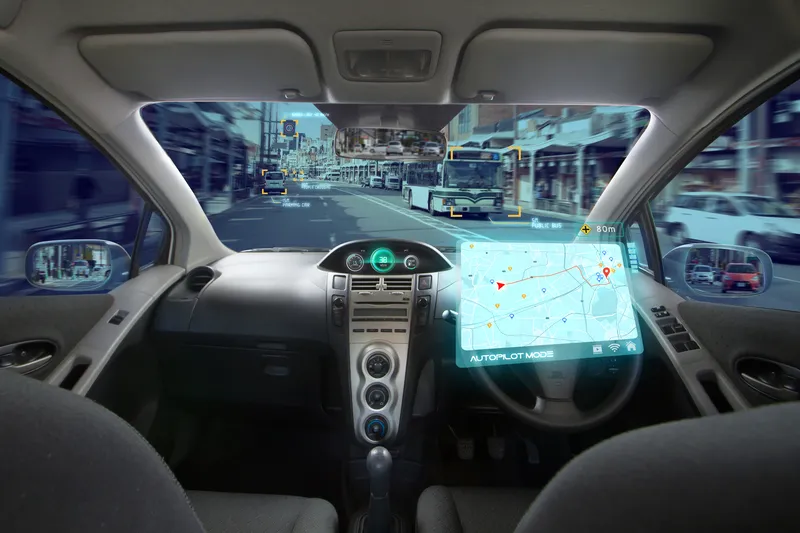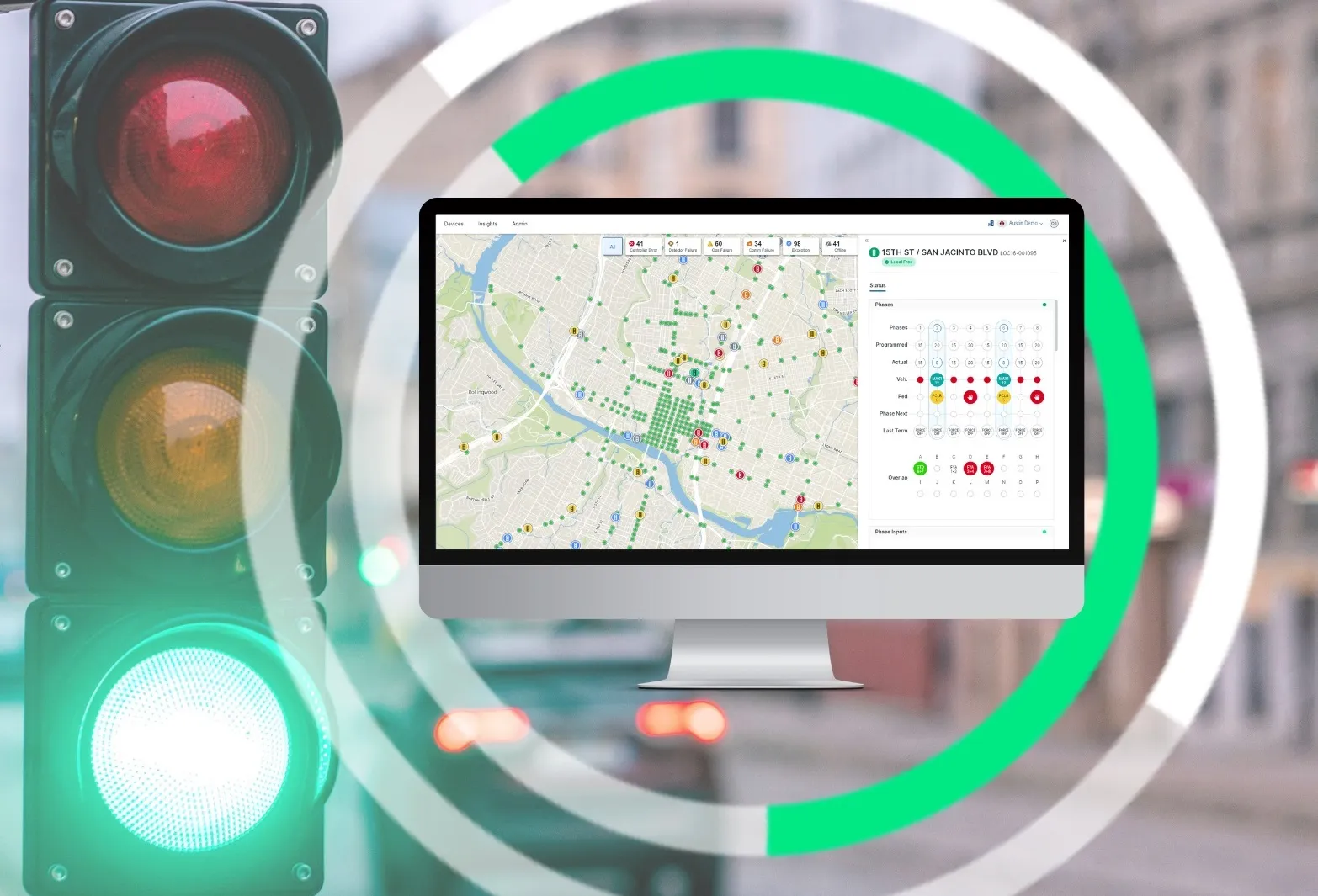
North Carolina Department of Transportation (NCDoT) has deployed Flow Labs' AI-powered traffic signal operations software solution to cover 2,500 intersections across the state.
The firm says this is the largest live statewide deployment of AI-based traffic signal software in the US; the product does not require new hardware or lengthy installation.
“North Carolina didn’t just invest in a new tool—they embraced a new model for traffic operations,” said Jatish Patel, CEO of Flow Labs.
“NCDoT’s leadership and engineering teams are among the most progressive and mission-driven in the nation," Patel adds. "Their willingness to act decisively and deploy smarter solutions at scale has made this partnership incredibly rewarding.”
Flow Labs’ platform monitors intersection performance, and is designed to allow engineers to detect issues before they escalate, prioritise interventions based on real-world traffic patterns and improve signal operations.
This 'software-first' approach creates network-wide insights and reporting capabilities. The firm argues that it represents "a growing trend among agencies that are moving beyond traditional methods and turning to scalable, data-driven tools to enhance safety, reduce congestion, and improve operations".
“This partnership is built on shared values—innovation, agility, and a deep commitment to public impact,” concludes Patel.









